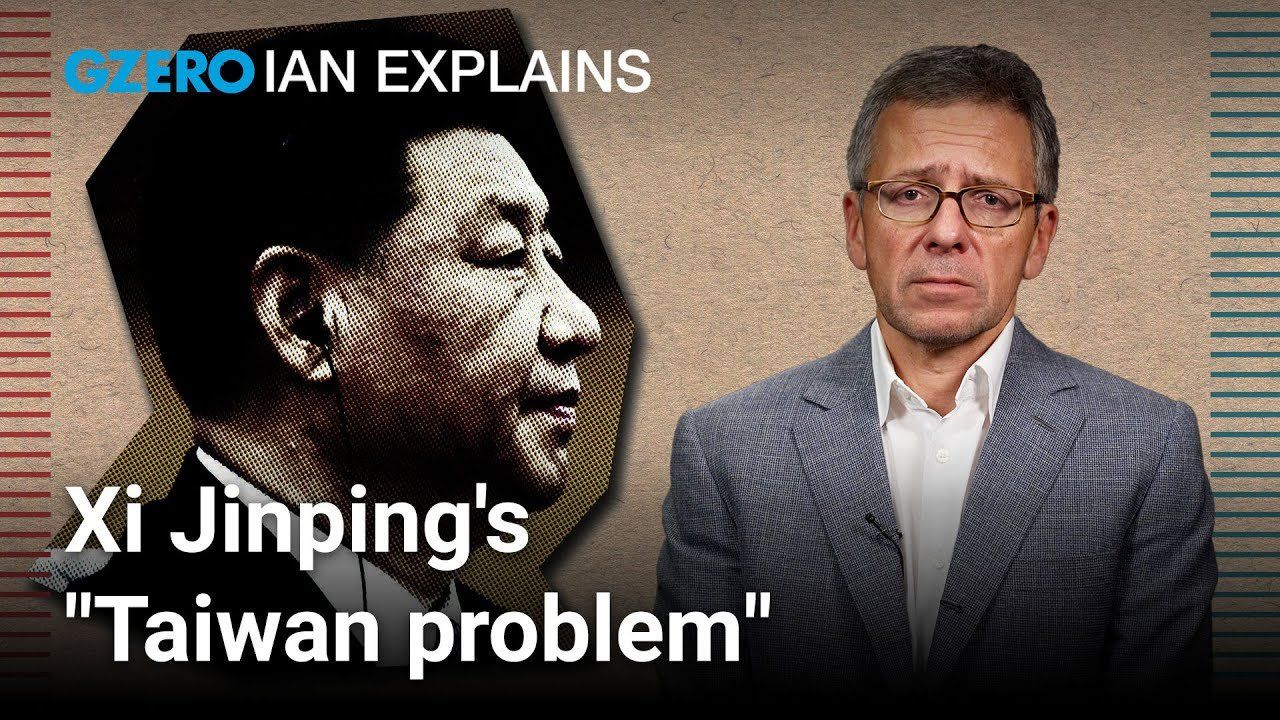
President Xi Jinping has made it clear he wants to bring Taiwan under Chinese control. But how would he actually send troops to the island? And after watching Russia get bogged down in two years of grinding war in Ukraine, has his calculus changed? On Ian Explains, Ian Bremmer lays out Xi’s strategies for achieving his primary political goal: reunification with Taiwan.
Overall, the chances of an all-out Chinese invasion are slim to none. It would be a huge political and military risk for China, and its economy can’t afford the hit of global sanctions. Beijing is also deeply dependent on Taiwan for its technology infrastructure: Taiwan’s TSMC manufactures more than half of the world’s computer chips that power things like phones and electric cars. But Taiwan’s economy is also dependent on China, its largest trading partner. So Xi could still apply plenty of pressure without sending a single troop to the island. Will Xi try to solve his “Taiwan problem” before he leaves office?
GZERO World with Ian Bremmer, the award-winning weekly global affairs series, airs nationwide on US public television stations (check local listings).
New digital episodes of GZERO World are released every Monday on YouTube. Don''t miss an episode: subscribe to GZERO's YouTube channel and turn on notifications (🔔).